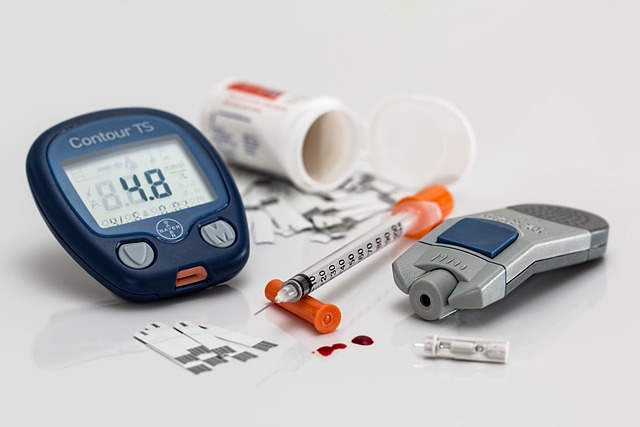Comprehensive Diabetes Treatment: Managing Blood Sugar Through Diet, Exercise, and Technology
Diabetes is a complex condition that affects millions of people worldwide, requiring careful management to maintain healthy blood sugar levels. This article explores effective strategies for diabetes treatment, combining traditional approaches with cutting-edge technology. We'll delve into how diet, exercise, and nutrition work together to control blood glucose, examine the latest advances in diabetes management, and provide insights into personalized strategies tailored to individual lifestyles.

How do diet and exercise impact blood sugar control?
Diet and exercise play crucial roles in managing diabetes. A balanced diet rich in fiber, lean proteins, and complex carbohydrates helps regulate blood sugar levels by slowing down glucose absorption. Regular physical activity improves insulin sensitivity, allowing cells to utilize glucose more effectively. Together, these lifestyle factors form the foundation of diabetes management, reducing the risk of complications and improving overall health.
What nutritional strategies are effective for diabetes management?
Adopting a diabetes-friendly diet involves more than just cutting out sugar. Focusing on whole grains, vegetables, fruits, and lean proteins can help stabilize blood glucose levels. The glycemic index (GI) is a valuable tool for selecting foods that have a minimal impact on blood sugar. Additionally, portion control and consistent meal timing are essential for maintaining steady glucose levels throughout the day.
How can exercise routines be tailored for people with diabetes?
Exercise is a powerful tool for managing diabetes, but it’s important to approach it strategically. A combination of aerobic activities and strength training can yield optimal results. Aerobic exercises like walking, swimming, or cycling help improve cardiovascular health and insulin sensitivity. Resistance training builds muscle mass, which in turn increases the body’s capacity to utilize glucose. It’s crucial to monitor blood sugar levels before, during, and after exercise to prevent hypoglycemia.
What are the latest technological advancements in diabetes treatment?
Recent years have seen remarkable progress in diabetes management technology. Continuous glucose monitors (CGMs) provide real-time blood sugar data, allowing for more precise treatment adjustments. Smart insulin pens and pumps can now communicate with CGMs to deliver insulin more accurately. Artificial pancreas systems, which combine CGMs with insulin pumps and advanced algorithms, are revolutionizing diabetes care by automating insulin delivery based on real-time glucose levels.
How can personalized strategies improve long-term blood sugar management?
Effective diabetes management is not one-size-fits-all. Personalized strategies take into account an individual’s lifestyle, preferences, and specific health needs. This may involve working with a diabetes educator to create a tailored meal plan, adjusting medication schedules to fit work patterns, or incorporating stress management techniques. Telehealth services now offer remote consultations with diabetes specialists, making personalized care more accessible than ever.
What role do medications play in modern diabetes treatment?
While lifestyle modifications are foundational, many people with diabetes also require medication to achieve optimal blood sugar control. Traditional options like metformin remain effective, but newer classes of drugs offer additional benefits. GLP-1 receptor agonists and SGLT2 inhibitors not only improve glucose control but also provide cardiovascular and renal protection. Insulin therapy has also evolved, with ultra-long-acting formulations allowing for more flexible dosing schedules.
Diabetes treatment has come a long way, offering numerous options for effective management. By combining a balanced diet, regular exercise, and the latest technological advancements, individuals with diabetes can achieve better blood sugar control and improve their overall quality of life. Personalized strategies that take into account individual needs and preferences are key to long-term success. As research continues to advance, the future of diabetes care looks promising, with even more innovative treatments on the horizon.
This article is for informational purposes only and should not be considered medical advice. Please consult a qualified healthcare professional for personalized guidance and treatment.




